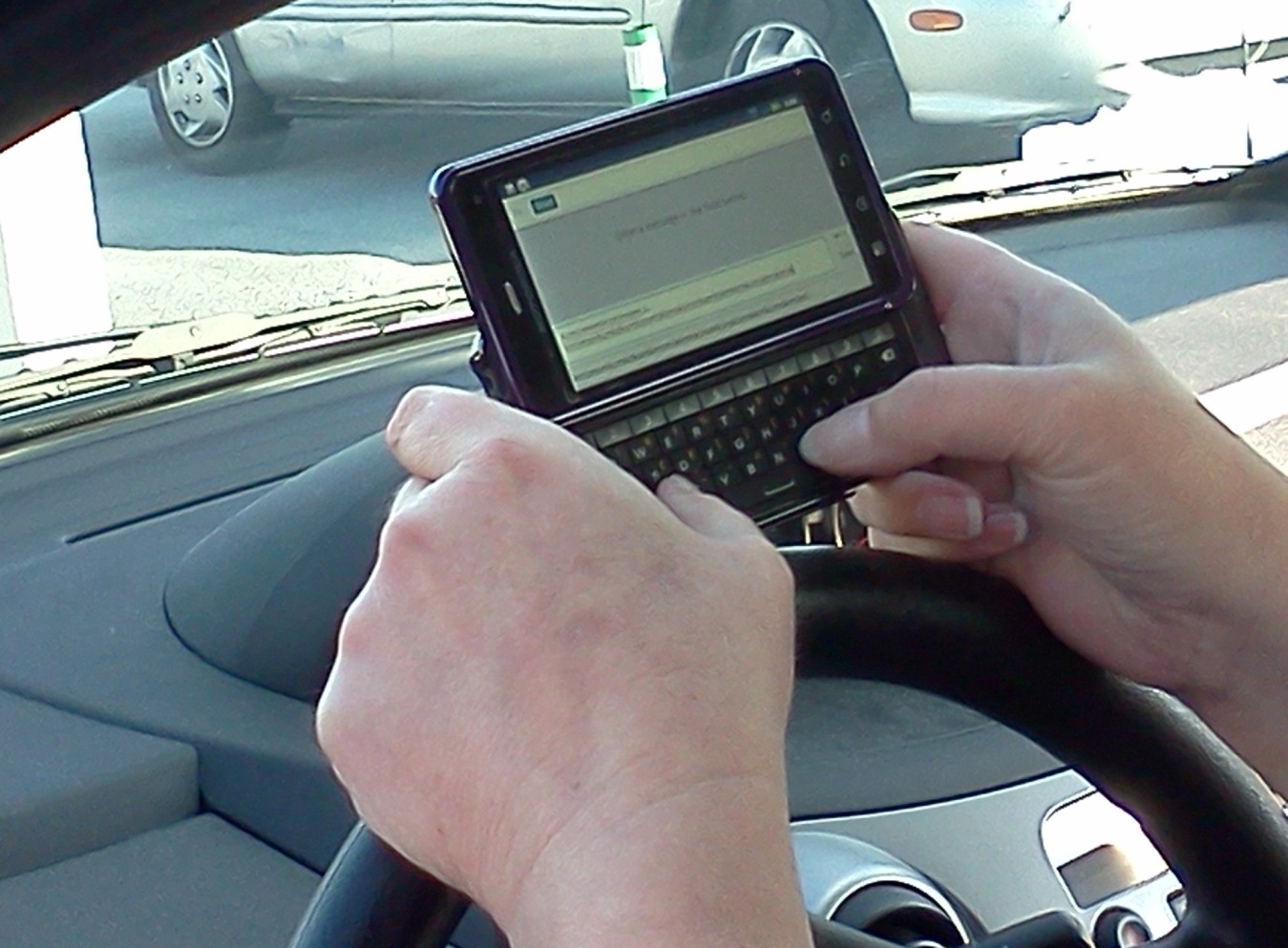Teen “Sexting” Bill Heads to Gov’s Desk
Sexting involves the electronic transmission of nude or sexually explicit photos. It’s all too common among teens, and this bill ensures that the penalty matches the crime. State Rep. Seth Grove (R-York) says the only way to deal with juvenile sexting under existing law was through a child pornography charge. “Kids within that age cohort, it wasn’t about abuse or trying to take advantage of children,” explains Grove, the bill’s prime sponsor.
“A felony charge will ruin your life, period. On every [job] application, a 14, 15 or 16 year-old will have to put ‘convicted child pornographer’ for the rest of their lives.”
The new offense will carry penalties that range from a summary offense to a 2nd degree misdemeanor, depending on the details of the case. But supporters say it will still send a clear message to Pennsylvania’s youth that sexting is something to avoid. “Once it’s done – especially in electronic format – there’s not retracting that picture,” Grove tells Radio PA.
The bill earned broad bipartisan support, passing the House 188 – 3, and the Senate 37 – 12. Grove says it also has the support of all the statewide law enforcement groups.



